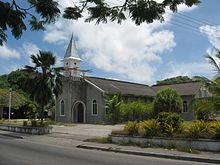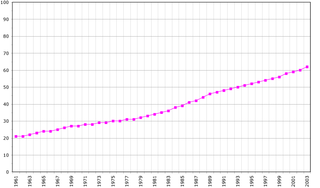
Demographics of American Samoa include population density, ethnicity, education level, health of the populace, economic status, religious affiliations and other aspects. American Samoa is an unincorporated territory of the United States located in the South Pacific Ocean.

The predominant religion in Brazil is Christianity, with Catholicism being its largest denomination. In 1891, when the first Brazilian Republican Constitution was set forth, Brazil ceased to have an official religion and has remained secular ever since, though the Catholic Church remained politically influential into the 1970s. The Constitution of Brazil guarantees freedom of religion and strongly prohibits the establishment of any religion by banning government support or hindrance of religion at all levels.

The Catholic branch of Christianity is the dominant religion in Mexico, representing 78% of the total population as of 2020. In recent decades the share of Catholics has been declining, due to the growth of other Christian denominations – especially various Protestant churches, Jehovah's Witness and Mormonism – which now constitute larger shares of the population. Conversion to non-Catholic denominations has been considerably lower than in Central America, and central Mexico remains one of the most Catholic areas in the world.

Christianity is the most widely professed religion in the Dominican Republic. Historically, Catholicism dominated the religious practices of the country, and as the official religion of the state it receives financial support from the government. About 60% of Dominicans identify themselves as Catholic.
Christianity is the predominant religion in Uganda. According to the 2014 census, over 84 percent of the population was Christian, while about 14 percent of the population adhered to Islam, making it the largest minority religion. Anglicanism and Catholicism are the main Christian denominations in the country.

Christianity is the largest religion in Uruguay, with Catholics having the most adherents, but around 44.5% of the population is non-religious as of 2021. Church and state are officially separated since 1916.
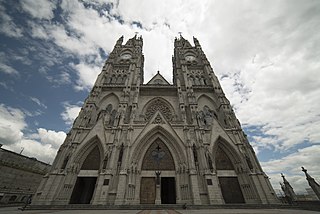
When it comes to religion, the Ecuadorian society is relatively homogeneous, with Christianity being the primary religion. Roman Catholicism is the main Christian denomination in the country. There are also minorities of other religions.
Christianity is the predominant religion in Paraguay, with Catholicism being its largest denomination. Before the arrival of Spanish missionaries, the people residing in the territory of modern day Paraguay practiced a variety of religions.

Christianity is the predominant religion in Solomon Islands, with Anglicanism being the single largest denomination.

Christianity is the predominant religion in Kiribati, with Catholicism being its largest denomination.

Christianity has been the main religion in the Marshall Islands ever since it was introduced by European missionaries in the 19th century.
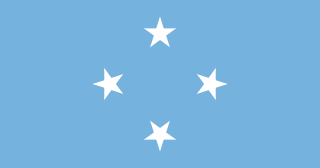
Christianity is the predominant religion in the Federated States of Micronesia and represents an integral part of the nation's identity.
Christianity is the dominant religioninPalau, practiced by around 91.3% of the total population, according to the 2015 census. Freedom of religion is enshrined in Palau's constitution.

Christianity is the official and largest religion in Samoa, with its various denominations accounting for around 98% of the total population. The article 1 of the Constitution of Samoa states that "Samoa is a Christian nation founded of God the Father, the Son and the Holy Spirit".

Christianity is the predominant religion in Tonga, with Methodists having the most adherents.

The predominant religion in Panama is Christianity, with Catholicism being its largest denomination. Before the arrival of Spanish missionaries, the various ethnic groups residing in the territory of modern day Panama practiced a multitude of faiths.

Religion in Suriname is characterized by a range of religious beliefs and practices due to its ethnic diversity. The government is vocally supportive of religious diversity and tolerance, and these attitudes are present in general society as well. According to the most recent census (2012), 48.4 percent of the population is Christian 22.3 percent is Hindu, 13.9 percent is Muslim, 1.8 percent follows Winti, and 0.8 percent is Kejawen. In addition 2.1 percent of the population follows other faiths, 7.5 percent are atheist or agnostic, and 3.2 percent did not answer the question about their religion. Later estimates suggest that Christians made up just over half the population in 2020.
The Constitution of Panama provides for freedom of religion.

Religion in the Falkland Islands is predominantly Christianity, of which the primary denominations are Church of England, Roman Catholic, United Free Church, and Lutheran. In the 2006 census most islanders identified themselves as Christian, followed by those who refused to answer or had no religious affiliation. The remaining 1.3 percent were adherents of other faiths.
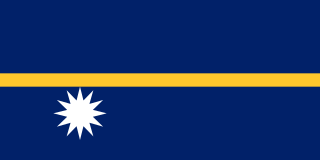
The Church of Jesus Christ of Latter-day Saints in Nauru refers to the Church of Jesus Christ of Latter-day Saints and its members in Nauru. A branch was organized in 1984 with 16 members. It now has 133 members.
